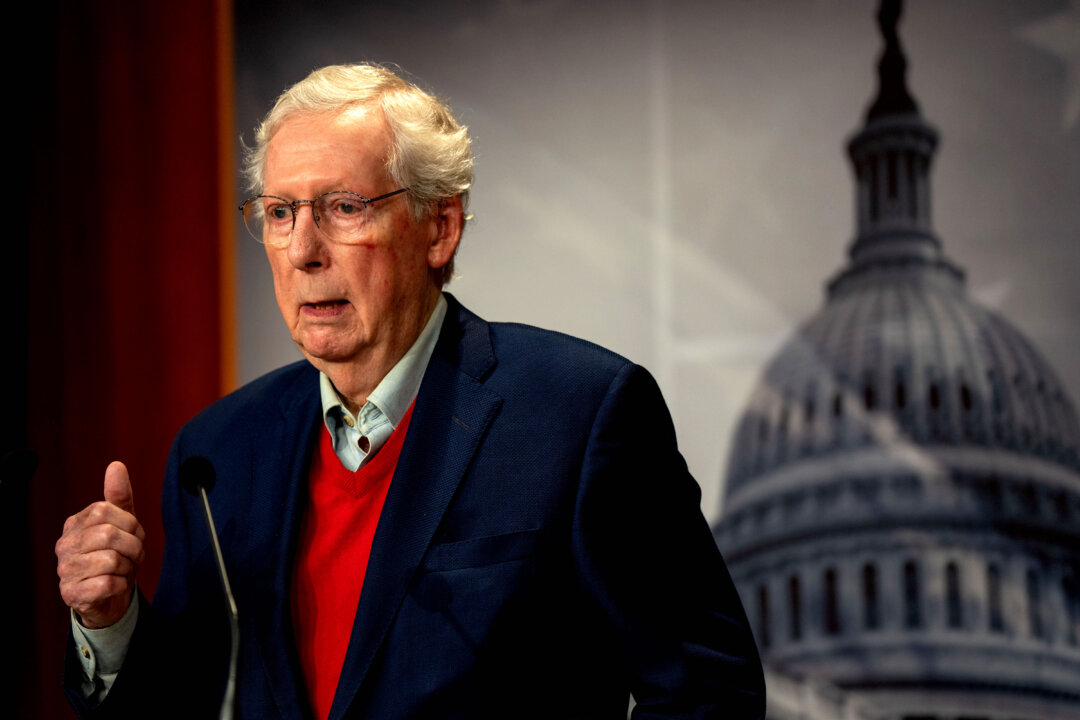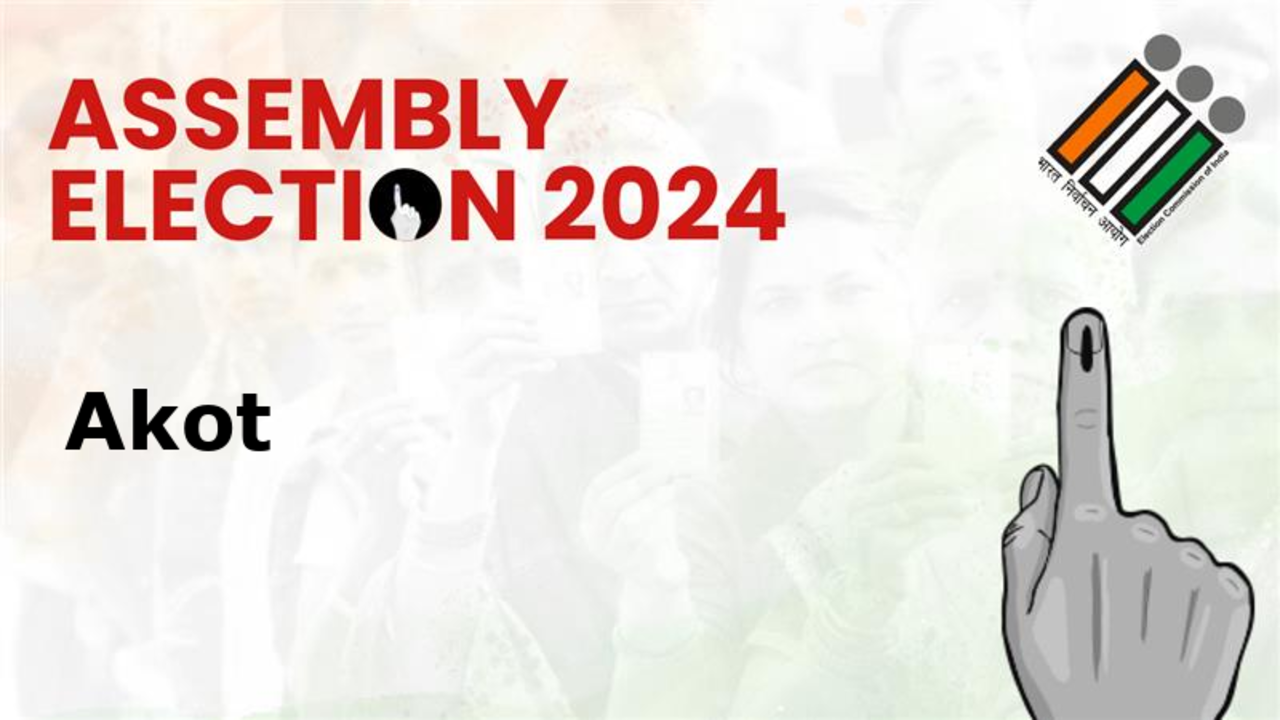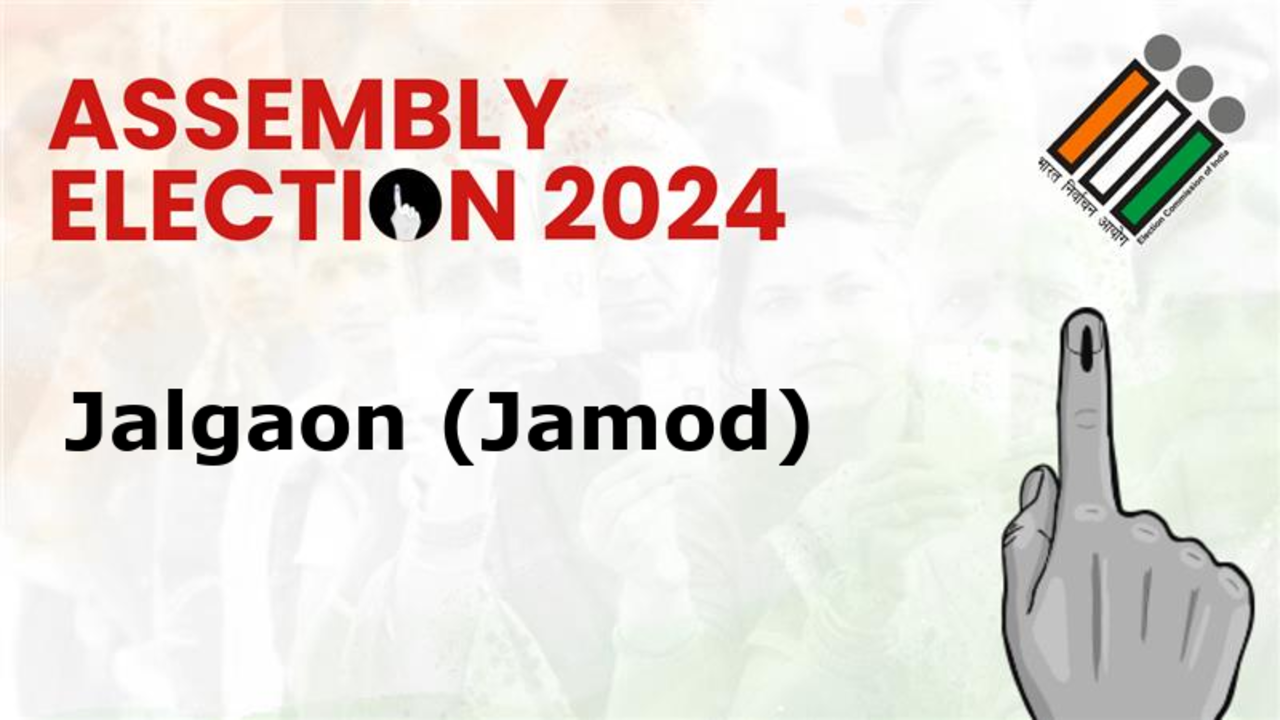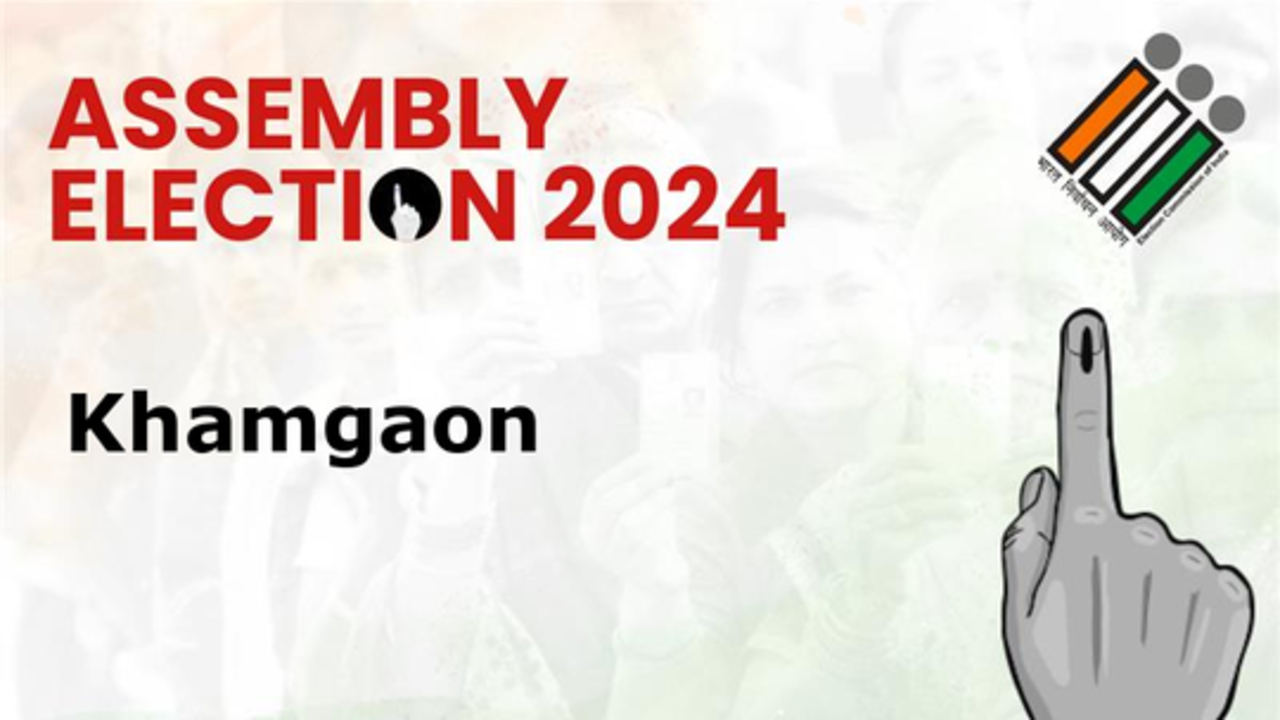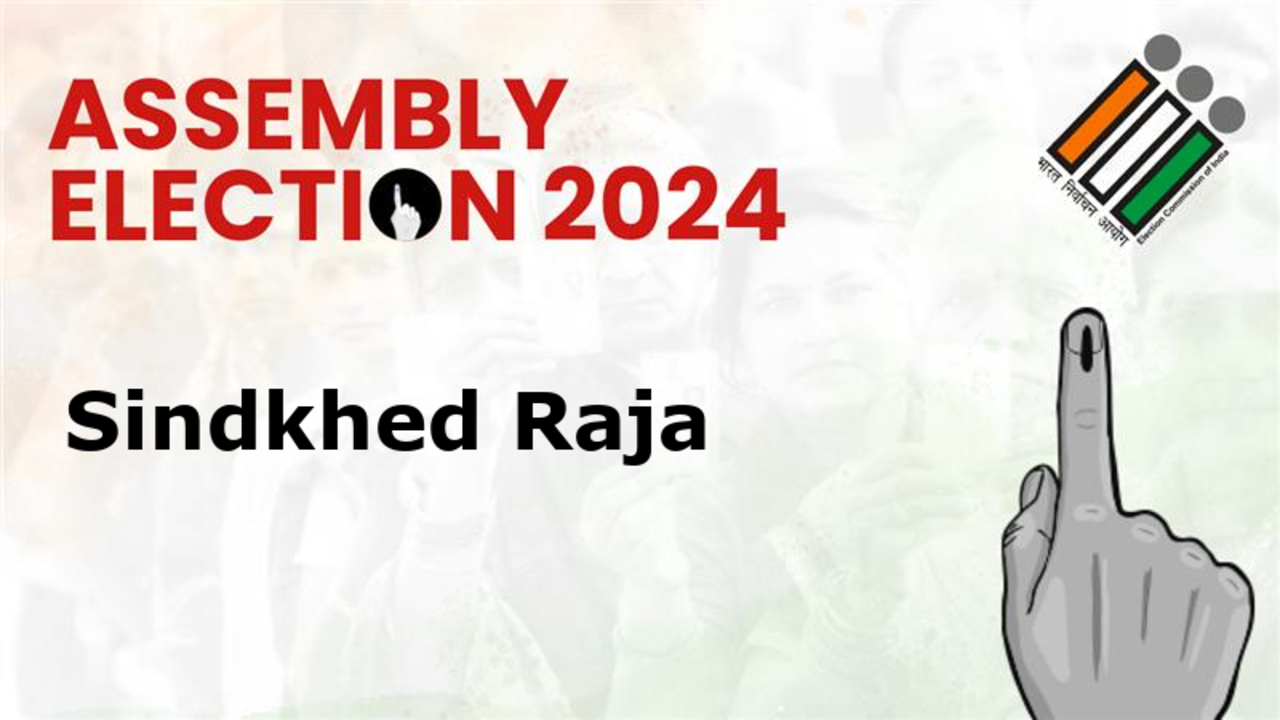
As Bangladesh and other vulnerable countries grapple with the devastating effects of climate change, the urgency for global action has never been clearer. With the world passing through what is expected to be the warmest year on record, the stakes are higher than ever. At COP29, nations are presently discussing their next course of action, but ongoing tensions, especially after climate change denier Donald Trump's victory in US elections, reveal a worrying lack of political resolve.
Equally concerning is the fact that, nearly a decade after the Paris Agreement was signed, efforts to limit global warming to 1.5 degrees Celsius remain woefully inadequate, while climate finance promises also remain unmet. Against this backdrop, recent research highlights a sobering reality: that to address the current environmental degradation, the world needs to achieve net-zero CO2 emissions by the late 2030s, not 2050.
This is a stark reminder that we are running out of time. Thus, it is painful to see ongoing political inertia, funding crisis and refusals, as well as continued resistance from major polluters. This is not only threatening our planet but disproportionately impacting countries like Bangladesh.
One of the most striking moments at COP29 came from Bahamian Prime Minister Philip Davis, who pointed to how vast financial resources are mobilised for military conflicts while affluent nations remain reluctant to address the existential threat of climate change. His criticism is particularly poignant when we consider the environmental toll of war. For instance, the first 60 days of Israel's ongoing war in Gaza produced approximately 281,000 metric tonnes of CO2.
These realities underscore the irony of a world that can finance war but struggles to do the bare minimum to prevent its downfall. Chief Adviser Dr Muhammad Yunus's message at COP29—calling for a "zero waste" world and an economic model that reduces consumption—also resonates powerfully. He expressed frustration with the climate finance negotiations, calling it "humiliating" for vulnerable nations to beg for financial assistance.
Yunus argued that these nations, which have contributed the least to global warming, should not be put in a position where they must plead for help, while wealthier nations that have contributed the most continue to evade their obligations. The fact is, achieving carbon neutrality is not a negotiable goal. It is essential for the survival of nations like Bangladesh.
As the world approaches critical climate thresholds, we must push for stronger global response, and ensure that the wealthiest nations deliver on their commitments on emissions and climate financing..








